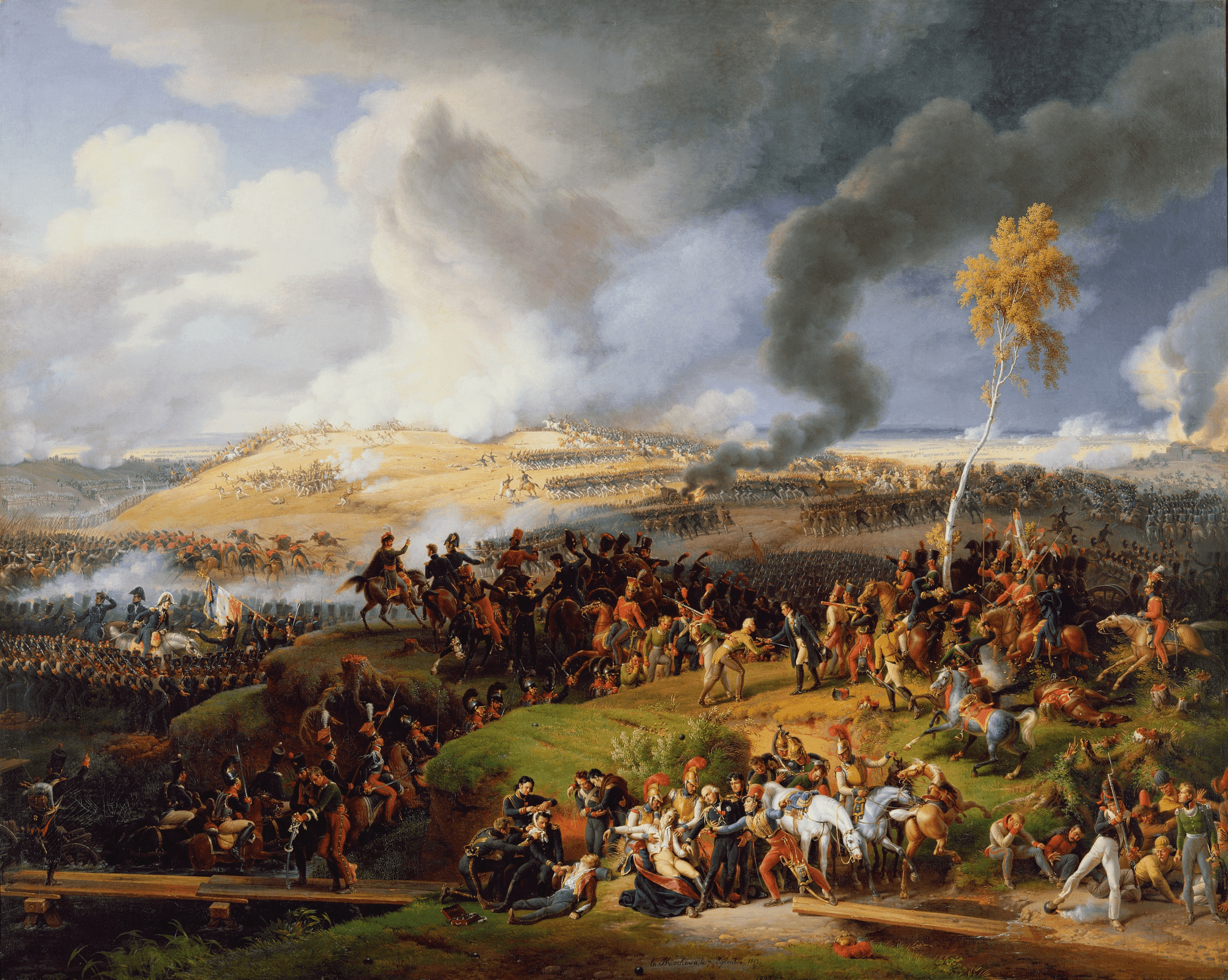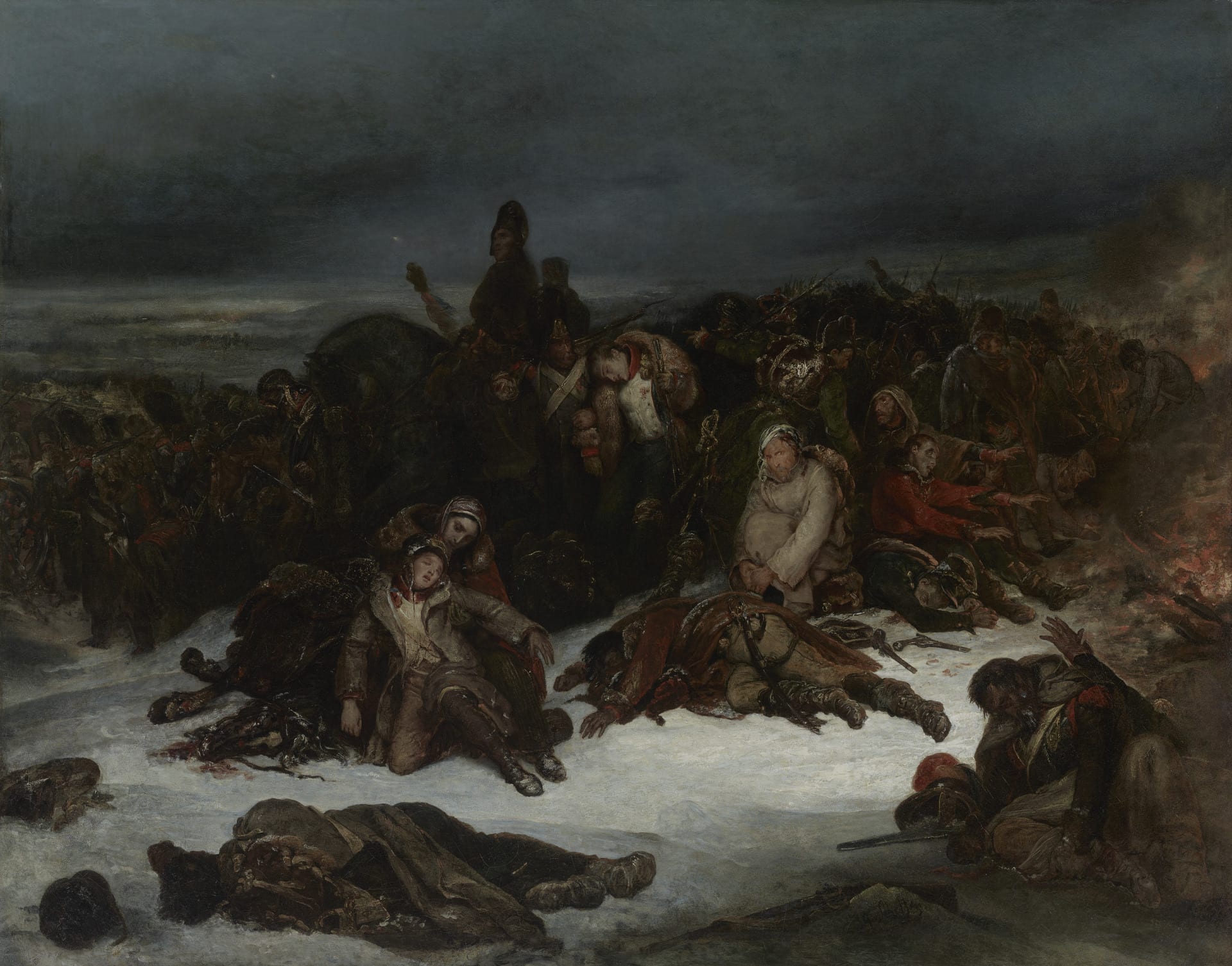Before you get your hopes up, the answer is "No, Tchaikovsky's 1812 Overture will not be on the upcoming Mansfield Symphony Orchestra's "Russian Spectacular" concert on February 9." [The crowd begins to shriek and gasp!]. Seriously - the Renaissance Theatre just can't possibly afford the damage caused by five cannons!
With all kidding aside, this work is to most people THE masterpiece of Pyotr Tchaikovsky's, or at least in the top three. With our inspired all-Russian concert coming up, I thought I would briefly review this masterwork, as it happens to be the piece that inspired me to become a musician.

Tchaikovsky loathed this piece. After its completion (it took him only six weeks in 1880) he famously wrote, "...very loud and noisy and completely without artistic merit, obviously written without warmth or love." This is not an completely an unfair assessment. The scoring of the piece is for a standard string (approximately 35-45 instruments) and woodwind sections (1 piccolo, 2 flutes, 2 oboes, english horn, 2 clarinets, 2 bassoons). However it is the brass and percussion sections that really ramp up the numbers (and the sound): 4 french horns, 2 cornets, 2 trumpets, 3 trombones, tuba, timpani, bass drum, snare drum, cymbals, tambourine, triangle, carillon...and wait for it...a battery of cannons. In addition a Brass Band is called for in the finale, open to any extra brass instruments available.
What is unfair about that assessment is that it is a stunningly beautiful piece, which musically epitomizes what "triumph" means to a people.
The 1812 Overture was written for the grand opening of the Cathedral of Christ the Savior in 1880. The Cathedral was commissioned in 1812 by Tzar Alexander I to commemorate the Russian victory over Napoleon's Army in the 1812 French invasion of Russia. At first, all Russian's were asked to pray for the meager Russian army to overcome the French, numbered at 680,000 (the largest army ever assembled to that date). But after the Grande Armée took Moscow, the Tzar called for all his people to take up arms. They did, and with the help of Mother Nature bringing in the bitter Russian Winter, Napoleon's army was forced to retreat with only 27,000 of its men left.

Tchaikovsky depicts this war with great care in the music of the 1812 Overture. He opens with the gentle Eastern Orthodox hymn, "Troparion of the Holy Cross (O Lord, Save Thy People)." And, as if the French were advancing within the stanzas in the music, the French National Anthem "La Marsillaise" rises up within the orchestra. The music then shifts gears to highlight a number of Russian folk themes, and then finishes with a rousing theme of God, Save the Tzar along with the ringing of chimes (or cathedral bells) and the infamous cannon shots.
The piece did not actually premiere at the opening of the cathedral, largely impart to its overly ambitious production and ultimately the assassination of Emperor Alexander II in 1881. The overture was finally performed in 1882 during the Moscow Arts and Industry Exhibition in a tent outside of the cathedral.
Even though highly well received, it wasn't this performance or even the many others that followed which made it a truly dominate work in classical music. It was in 1974, when Arthur Fiedler performed it with the Boston Pops to commemorate America's Independence Day. As a young budding musician, I thought this piece commemorated America's War of 1812, and to this day many American's still do.
No matter what Tchaikovsky thought, I believe one reviewer on YouTube summed it up perfectly, "If Your Song Doesn't Have Artillery Fire In It, Then You Are Doing It Wrong." The 1812 Overture is a piece that brings about patriotism in a way that few (very few) songs can, and for that, let those cannons ring!